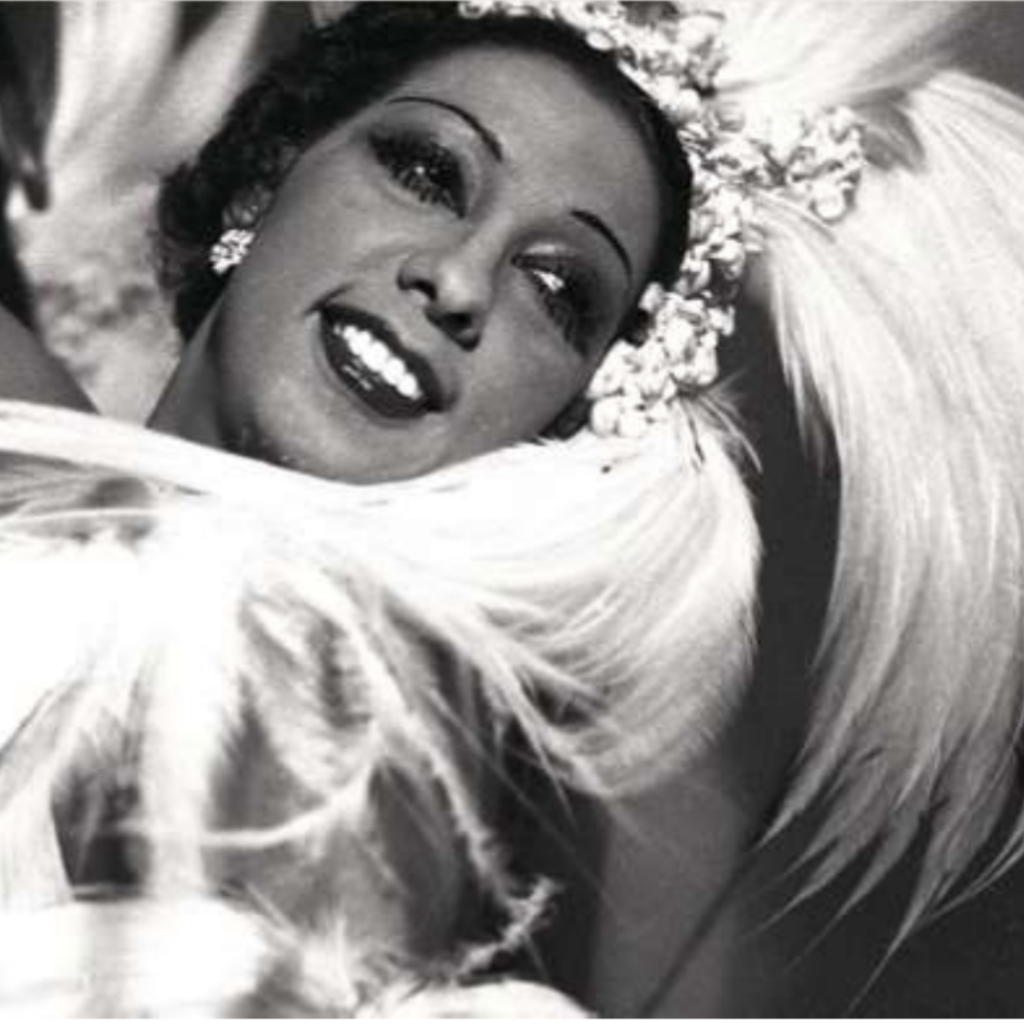
Josephine Baker was a legendary American-born French entertainer, who became the first black global superstar in the early 20th century. Her impact on the world of entertainment, activism, and humanitarianism is immeasurable, and her contributions have inspired countless individuals. In this blog, we will explore Josephine Baker’s life and how she influenced the world, and why she deserves to be honored with an Honorary Oscar for her work in Hollywood.
Early Life
Josephine Baker was born Freda Josephine McDonald on June 3, 1906, in St. Louis, Missouri. Her parents, both of whom were performers, separated soon after her birth, and she was raised by her mother, who worked as a laundress. Josephine was a talented performer from a young age and dropped out of school at the age of 12 to work as a waitress and a street performer.
Career in Entertainment
In 1919, Josephine joined a touring vaudeville troupe, and in 1921, she moved to New York City to perform in the chorus of the Broadway musical “Shuffle Along.” She soon caught the attention of black comedian and vaudeville performer Willie Baker, who became her mentor and gave her the stage name Josephine Baker. She adopted his surname as her own and began performing with the popular all-black revue “Chocolate Dandies.”
In 1925, Josephine was discovered by a French producer and invited to perform in Paris at the Théâtre des Champs-Élysées. Her performances, which included her signature “banana dance,” in which she wore a skirt made entirely of bananas, became an instant sensation, and she was soon the most famous performer in Paris. She went on to star in several successful revues, including “La Revue Nègre” and “Folies Bergère.”
Josephine’s performances challenged the racist stereotypes of black people that were prevalent at the time. She defied convention by presenting a modern and sophisticated image of black women, which challenged stereotypes and paved the way for future black performers. In 1934, she became the first black woman to star in a major motion picture, “Zouzou,” which opened in Hollywood.
Activism and Humanitarian Work
In addition to her entertainment career, Josephine was an outspoken activist and humanitarian. During World War II, she worked as a spy for the French Resistance and used her celebrity to smuggle secret messages and weapons across borders. She was awarded several medals for her bravery, including the Croix de Guerre and the Légion d’honneur.
After the war, Josephine became an advocate for civil rights and used her platform to speak out against racism and discrimination. In 1951, she refused to perform for a segregated audience in Miami and was subsequently banned from performing in the United States. She became a citizen of France in 1937 and spent the rest of her life there, where she was celebrated as a national treasure.
Josephine was also a humanitarian and worked tirelessly to improve the lives of others. She adopted 12 children from different countries and races, which she called her “Rainbow Tribe.” Her goal was to create a family that would be a model of racial harmony and to demonstrate that people of different races and nationalities could live together in peace.
Legacy and Call to Action
Josephine Baker’s legacy continues to inspire and influence people around the world. She was a trailblazer who defied expectations and paved the way for future generations of black performers. Her advocacy for civil rights and humanitarianism also made a lasting impact on society.
It is now time to recognize Josephine Baker’s achievements in Hollywood. She was the first black woman to star in a major motion picture and opened the door for
